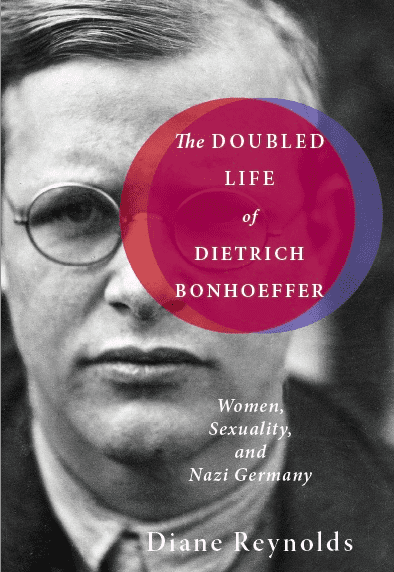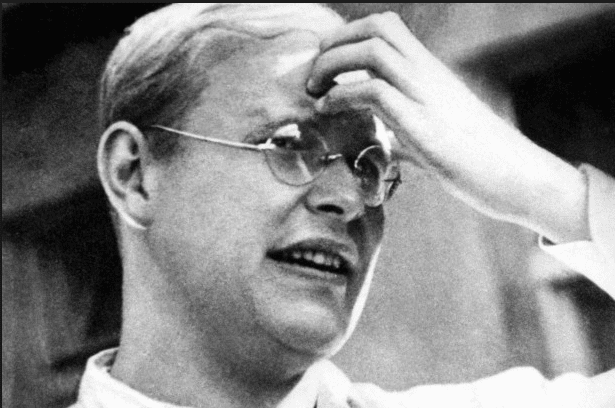We don’t think enough about the relationship of the church to the state; we assume what exists in our world is what is supposed to be. Any experience in other countries, however, reveals considerable and substantive differences, and those differences lead to different strategies for churches and Christians on how to relate to the state and to government and to the public square.
Bonhoeffer, dependent in this essay on an essay by Karl Barth and pressing into a German Lutheran political theory, articulates a significant challenge to many in the Lutheran tradition with its two-realms and even separable spheres [offices, stations?] theory. But what was going on DB’s mind was how to participate in Hitler’s world as a Christian, and as a Christian who was involved in — or at least knowledgeable of — the conspiracy. What we see in this small clip is how he plotted Christian resistance to an evil system while believing government to be established by God, and perhaps even more we are seeing DB work out what Germany might look like after Hitler.
The essence of his view, dependent on his (again Barthian) view that “reality” is determined by God having already reconciled the world to himself in Christ, is that government is designed by God “for the sake of Christ.” Not for itself. Not for law and order, but for Christ.
Dietrich Bonhoeffer, in his essay called “State and Church” (DBWE 16: 521):
Government is established for the sake of Christ. It serves Christ, and thereby it also serves his church. The reign of Christ over all government certainly in no way implies the reign of the church over government. But the same Lord whom government serves is the head of the church-community, the Lord of the church. Government’s service to Christ consists in the exercise of its task to secure an outward justice by the power of the sword. In this respect it provides an indirect service to the church-community, which can only thus live a “quiet and peaceable life” (1 Tim. 2:2). By its service to Christ, government is essentially connected with the church. Where it properly fulfills its task, the church-community can live in peace; for government and church-community serve the same Lord.
What happens, Bonhoeffer was asking, when the government works against the church?
In obedience to government the Christian obeys Christ. The Christian as citizen does not cease to be a Christian, but serves Christ in a different way. In this way the content of the legitimate governmental claim is already sufficiently determined as well. It can never lead the Christian against Christ; rather it helps Christians serve Christ in the world. In this way the person in government becomes for the Christian a servant of God (522).
Notice how he assumes the government’s task is to support the church under Christ. When the government ceases to support the church there can come a time when the church “no longer wastes its words” (522). Quite the expression, evocative, but room for DB to move. A little later in the essay he proposes the church as sometimes being forced to be what the government/state/polis has chosen not to be:
If the word of the church [in proclamation of the gospel] is in principle not accepted, then all that is left to it is enough political responsibility to establish and preserve at least among its own members the order of outward justice no longer present in the polis, thereby serving the government in its own way (525).
What would that kind of government look like? Three proposals:
I. The relatively best form of the state will be that in which it is most clear that government is from above, from God, and in which its divine origin shines through most brightly. A properly understood divine right of government in its glory and in its responsibility belongs to the essence of the relatively best form of the state (in distinction from the rest of Western royalty, the Belgian kings called themselves “de grace du peuple”).
II. The relatively best form of the state will see its power not compromised but sustained and secured
a) by a strict maintenance of outward justice,
b) by the right, grounded in God, of the family and of work,
c) by the proclamation of the gospel of Jesus Christ.
III. The relatively best form of the state will express its solidarity with its subjects not through a restriction of its divinely bestowed authority but through just action and true speech that joins it and its subjects in mutual trust. Here it will become apparent that what is best for government will also be best for the relationship of government and church (527-528).











